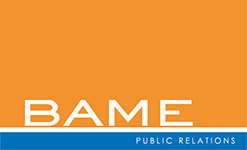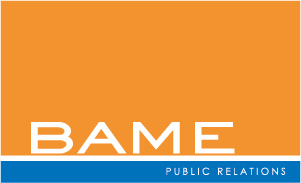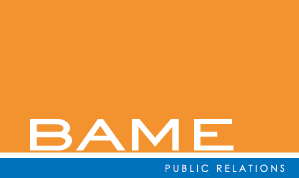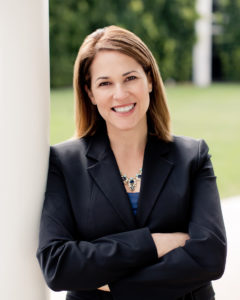Is Your Law Firm Ready for a Podcast?
Is your firm ready for a podcast? That was the topic of a webinar hosted by the Legal Marketing Association Social Media SIG. “Extending Your Firm’s Reach Through Podcasting” featured Marcie Dickson, CMO of Miles Mediation & Arbitration in Atlanta and Jansen Ellis, senior marketing counsel of Ogletree Deakins, also based in Atlanta.
Marcie said that her company’s podcast is called “The Future of Resolution.” Its primary focus is to shine light on legal and business thought leaders in Georgia. The podcast is not about Miles Mediation and does not focus specifically on mediation and arbitration; rather, it invites a wide range of guests to participate wh
o are making contribution to Georgia’s legal community and beyond.
With about 700,000 podcasts on the internet, podcasts are clearly an excellent marketing idea at this time. They are becoming more popular than blogging or video.
She said that firms should podcast for many reasons. A podcast is a low-investment, high-value product that is easy for a law firm to start. It’s also easy to track the listeners of a podcast and the corresponding ROI. A podcast can showcase the firm’s expertise, deepen client relationships, build brand awareness and recognition, and lead to referrals.
Also, a law firm should launch a podcast with more than one episode, up to 10. Three is an ideal number. It’s important to be realistic in one’s expectations for a podcast; for example, Marcie’s firm gets about 700 listeners per episode.
Before a firm starts a podcast, Marcie said, it should consider the following questions:
- What does your firm have to offer?
- Do you understand your audience? Have you done a survey of your potential audience?
- Do you have the resources, bandwidth and buy-in? Does it make sense to add another project for your team?
- Do you have a strategy to streamline your efforts?
- Do you have the patience?
If you create a road map for the podcast, you will have a more defined structure and guide for success. But you need to define what success looks like: It could be brand awareness or the achievement of a certain goal in terms of downloads and subscribers.
Marcie also noted that it’s important to create an editorial calendar to determine who the guests will be, well in advance. Weekly publication is the gold standard for a podcast. Thirty to 40 minutes is the ideal length, matching a typical car or train ride. A weekly podcast can be about 30 minutes, a daily one about 15 minutes, and a monthly show perhaps 60 to 90 minutes.
In terms of the technical aspects of the podcast, it’s important to choose a good hosting platform rather than put the podcast on the firm’s website. The podcast itself can be handled in-house or it can be outsourced. The most important thing on the technical side is that the sound quality must be good. Poor sound quality will chase away your audience.
Before the podcast goes live, implement a launch strategy. Do teasers on your website and elsewhere that advertise the launch date. Keep the attorneys in the loop so that they can play an active role in promoting the podcast. You don’t want a situation where you build the podcast, and no one comes. You have to make it easy for people to find the podcast, especially if it is not a weekly event. Use searchable keywords in the podcast’s title and promote the podcast on YouTube for searchability.
This is the first part of a two-part blog item about the webinar.





